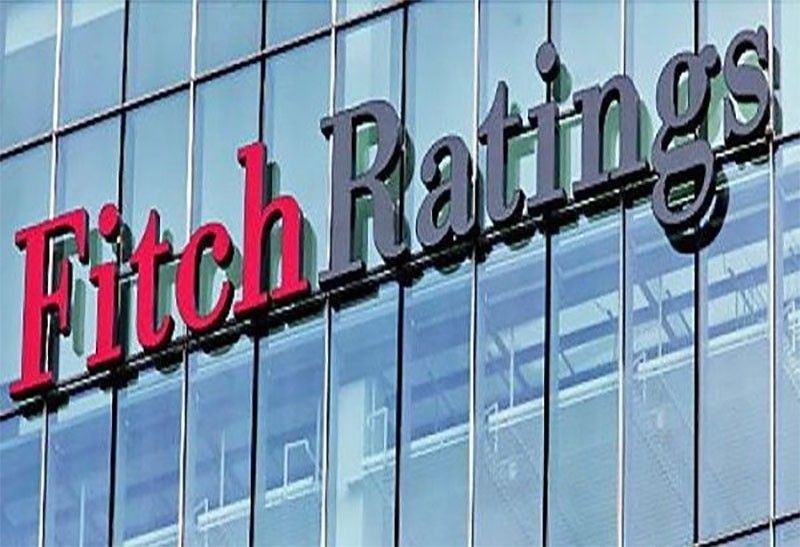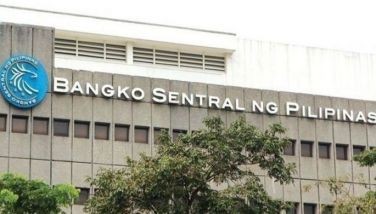Philippines Islamic finance poised for growth, says Fitch

MANILA, Philippines — Government initiatives aimed at developing the Islamic finance industry in the Philippines are set to boost the sector’s growth over the medium to long-term, according to Fitch Ratings.
In a commentary, Fitch noted that investors from the Middle East took up around 30 percent of the Philippine government’sukuk bond issuance last year, which was part of the country’s agenda to develop Islamic finance.
“Fitch believes the issuance (last year) could encourage government and private-sector entities, including financial institutions and corporates, to explore sukuk issuance, which would help the development of the local sukuk market,” it said.
The credit rater noted that the government has implemented Islamic finance regulations, introduced incentives, and established a tax neutrality framework to ensure parity with conventional banking.
These measures have spurred some Islamic banking activities in the past two years, including the establishment of Islamic banking units by Maybank Philippines and CARD Bank.
These developments complement the operations of the country’s long-standing Al-Amanah Islamic Investment Bank of the Philippines.
“Islamic finance initiatives could help the Philippines establish closer economic ties with the Gulf Cooperation Council and ASEAN countries, such as Indonesia and Malaysia, and attract foreign direct investments,” it said.
However, low awareness and understanding remain obstacles to wider use of Islamic banking, Fitch said, citing a survey from the Asian Development Bank.
Based on the study, 38 percent of respondents said they had heard about Islamic finance but did not fully understand it, while 37 percent were entirely unfamiliar with the concept. Only a small fraction reported having significant knowledge, and some dismissed the topic as irrelevant.
- Latest
- Trending






























